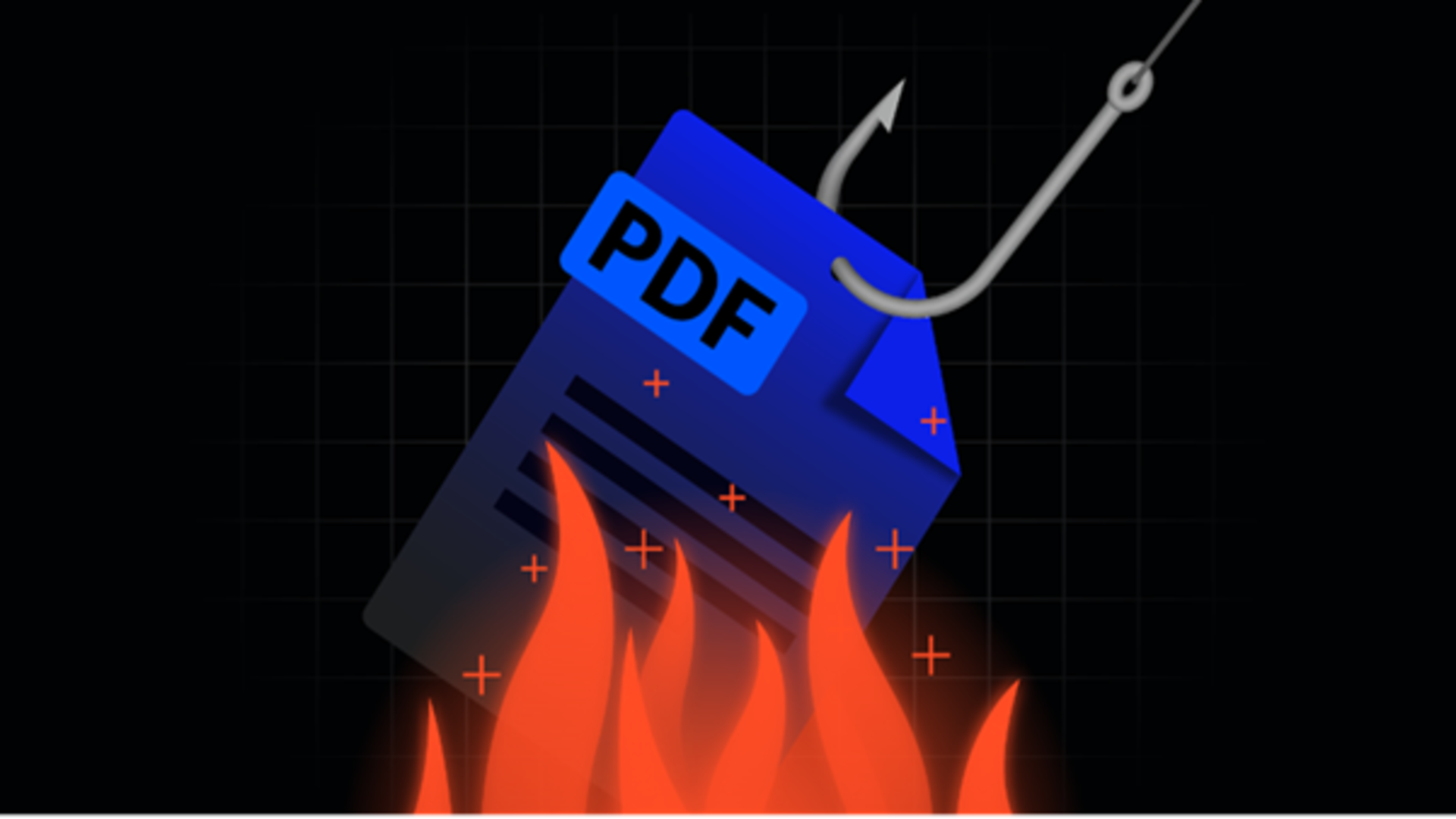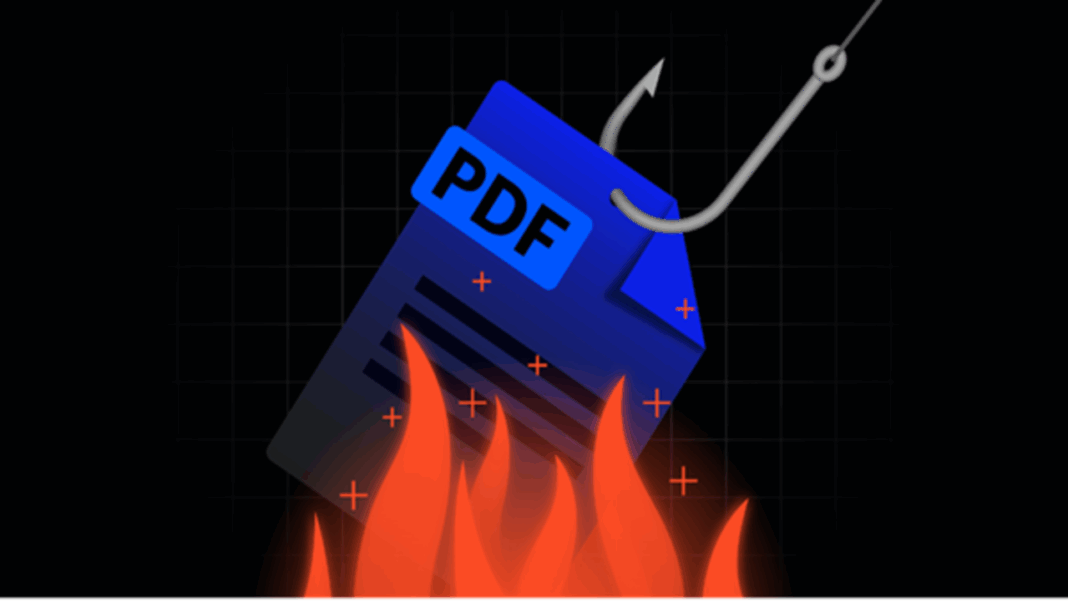
- MatrixPDF reshapes ordinary files into covert lures for unsuspecting victims
- SpamGPT campaigns could massively scale the reach of hidden payloads
- Harmless documents morph into convincing traps carrying silent, malicious code
Researchers are drawing attention to a new toolkit called MatrixPDF that can turn ordinary documents into delivery vehicles for malware and phishing campaigns.
Varonis research found the toolkit modifies existing PDF files to include deceptive prompts, overlays, and scripts, making them appear routine while concealing hidden threats.
Experts have warned that pairing this with large-scale phishing engines like SpamGPT could multiply the reach and effectiveness of such campaigns.
Fake “Secure Document” prompts
MatrixPDF relies on the fact PDF files are widely trusted, often slipping through email filters and opening directly in services like Gmail without raising suspicion.
Attackers can load a legitimate document into the builder and insert malicious actions, such as fake “Secure Document” prompts or blurred overlays that prompt a user to click.
These interactions can trigger redirections to external sites or even the automatic retrieval of files that compromise the system.
One attack method promoted with the toolkit involves phishing link redirection.
A PDF which looks genuine can bypass a secure email by containing no embedded ransomware but instead a link or button that directs the user to a payload site.
Because the malicious action only occurs when the user clicks, the PDF itself appears safe during automated scans.
Once redirected, the victim may unknowingly download a compromised executable, convinced it is part of a secure process.
The second approach leverages PDF-embedded JavaScript. In this scenario, the file executes a script as soon as the document opens or when the user interacts with it.
This script can attempt to connect to an attacker’s server through a shortened domain, creating the impression of a legitimate resource.
When confronted with a security dialog, many users may click “Allow,” not realizing they are enabling the download of malware.
At that point, the attack becomes a drive-by download, with the harmful payload installed under the guise of accessing a secure file.
The attack exploits user trust with routine phrases like “document is trying to connect…” which usually signals nothing more than a required step to access information.
This reliance on social engineering means attackers do not need new exploits; they simply weaponize the credibility of the PDF format itself.
In an exclusive exchange with TechRadar Pro, lead researcher Daniel Kelley said, “MatrixPDF and SpamGPT could complement each other in an attack scenario… with one generating malicious PDFs and the other distributing them at scale.”
“Combining tools like these allows attackers to scale their operations while maintaining a level of customization and sophistication.”
The concern is less about a single exploit and more about how trusted file formats can be systematically reshaped into widespread delivery mechanisms for fraud and malware.
AI-based email security is a viable countermeasure because it can analyze attachments beyond signatures, looking for unusual structures, hidden links, or blurred content.
By simulating user interactions in a controlled environment, it can expose hidden redirects and scripts before the file ever reaches an inbox.
While such defenses improve detection rates, the persistence of these tactics demonstrates the constant adaptation of cybercriminal tools.
You might also like
- Nail the basics with the best firewalls available now
- Take a look at our guide to the best authenticator app
- We’ve rounded up the best password managers





